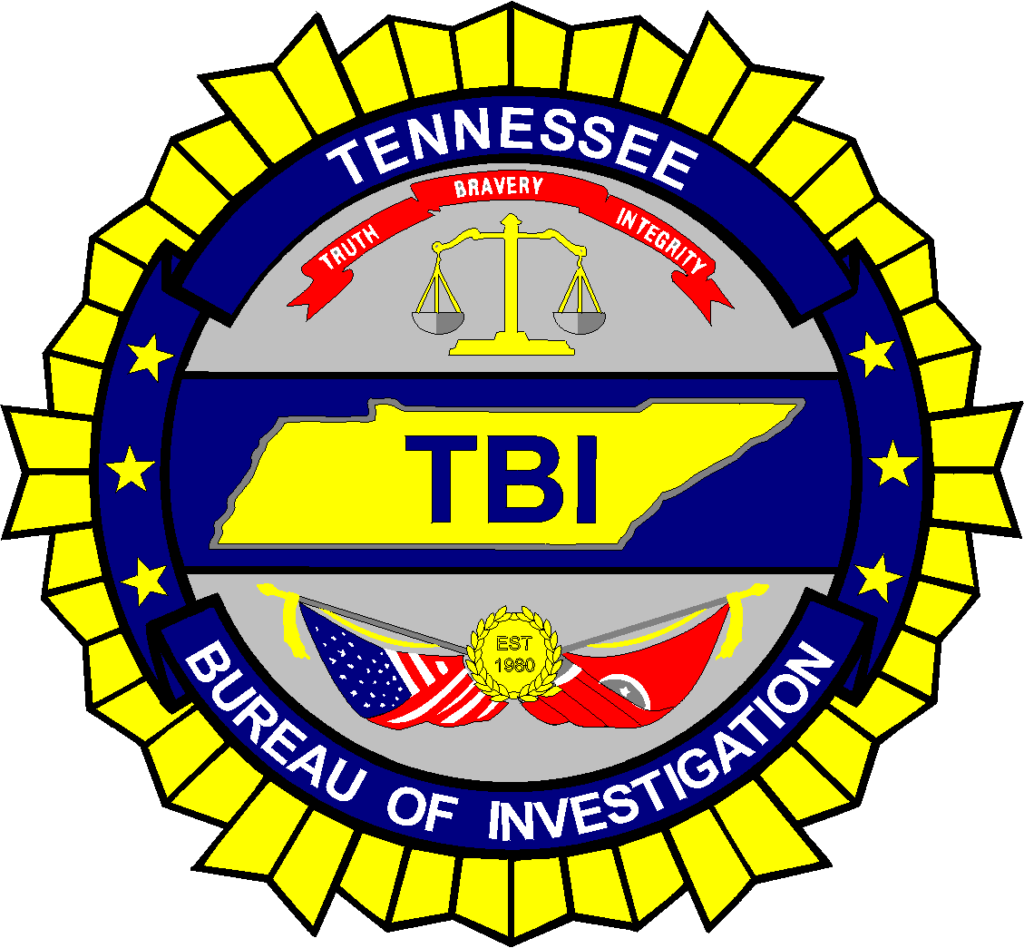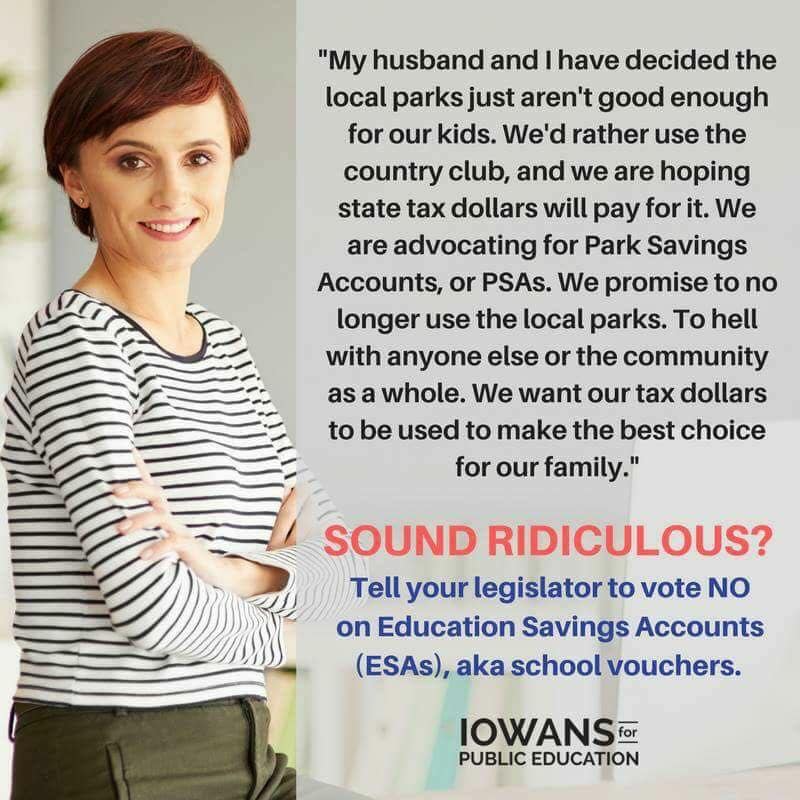The newly-established Pastors for Tennessee Children is already on the scene pointing out the dangers of the latest voucher scheme known as Education Savings Accounts.
Here’s their take on the latest threat to public schools with some explanatory material from the Network for Public Education:
Vouchers have proven to be unpopular in Tennessee, and after years of failed attempts to expand vouchers here, some lawmakers are considering “Education Savings Accounts” (ESAs) as an alternative. But make no mistake, vouchers and “Education Savings Accounts” are one and the same.
Will “Education Savings Accounts” lead to better results for Tennessee children and families? No.
Education Savings Accounts are not truly savings accounts. They “are another voucher-like scheme that redirects public money for educating all children to private, unaccountable education businesses, homeschoolers, and religious institutions. Privatization advocates created these programs because school vouchers are unpopular and because these programs are a way around prohibitions against using public dollars for religious schools. But just like vouchers, ESA’s bleed public schools of essential funds and do little to improve education options for families.”
The Pastors believe in God’s provision for ALL Tennessee children- not just the chosen few. We believe that our shared public tax dollars must be used is ways that align with public accountability so that all Tennessee children may prosper. We believe in the separation of church and state, and we oppose government oversight of religious schools.
The Pastors stand together in support of public education so that we may lift up the children of our state. Stand with us!
More from the Network for Public Education:
“Education Savings Accounts” (ESAs) are another voucher-like scheme that redirects public money for educating all children to private, unaccountable education businesses, homeschoolers, and religious institutions. Privatization advocates created these programs because school vouchers are unpopular and because these programs are a way around prohibitions against using public dollars for religious schools. But just like vouchers, ESA’s bleed public schools of essential funds and do little to improve education options for families.
MORE>
For more on education politics and policy in Tennessee, follow @TNEdReport
Your support keeps the education news flowing!



